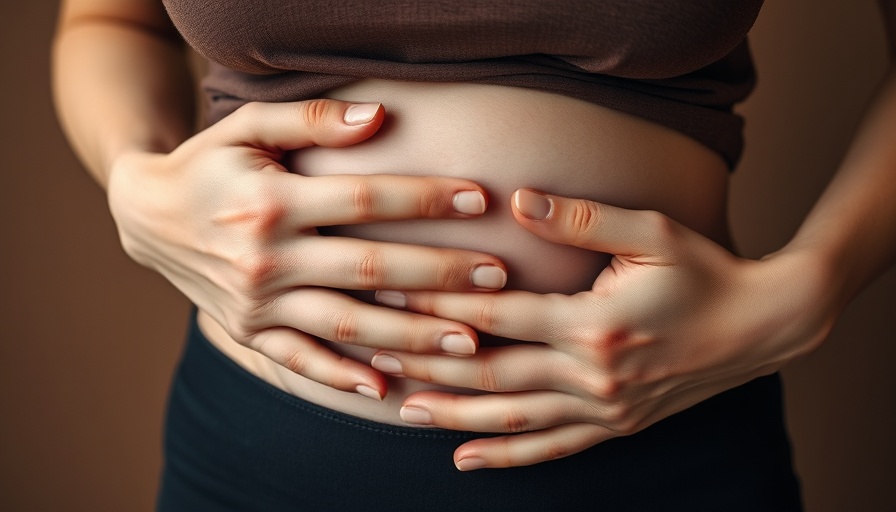
Understanding the Overlap: IBS and Endometriosis Symptoms
Many women living with Irritable Bowel Syndrome (IBS) might not realise that their symptoms—such as bloating, constipation, and abdominal pain—could indicate a much deeper issue: endometriosis. This condition, often thought of as strictly reproductive, can have notable implications for gut health.
Endometriosis is characterised by the growth of tissue similar to the uterine lining outside the uterus, affecting organs including the bowel. Recent studies reveal that women with endometriosis are 3.5 times more likely to be diagnosed with IBS. Surprisingly, around 60% of those with endometriosis report functional bowel symptoms, indicating a significant connection that warrants attention.
What Causes IBS Symptoms in Endometriosis?
So, what links the two conditions? James Tibbott, a consultant gynaecologist at Nuffield Health, outlines two key factors: pelvic inflammation and bowel endometriosis itself. As inflammation is a central feature of endometriosis, it can disrupt bowel function, especially during the luteal phase of the menstrual cycle, leading to symptoms of IBS. Furthermore, bowel endometriosis occurs when endometrial tissue grows on or inside the bowel, complicating diagnosis and treatment significantly.
Identifying Symptoms of Bowel Endometriosis
The symptoms often associated with bowel endometriosis are similar to those of IBS, including severe bloating, changes in bowel movements, and even rectal bleeding around the menstrual period. Yet, it is important to note that some may experience no bowel-related symptoms at all. Diagnosis can take an average of ten years, during which many women may be misdiagnosed due to the overlapping symptoms.
Why Accurate Diagnosis Matters
Dr. Ramakrishnan, a gastroenterologist, highlights that the thorough collection of medical history and a careful assessment of symptom chronology can aid in distinguishing between IBS and endometriosis. This highlights the importance of being proactive about your health: if you notice a correlation between bowel symptoms and your menstrual cycle, it may be time to explore the possibility of endometriosis with a medical professional.
 Add Row
Add Row 

 Add Element
Add Element 


 Add Row
Add Row 
 Add
Add 
Write A Comment